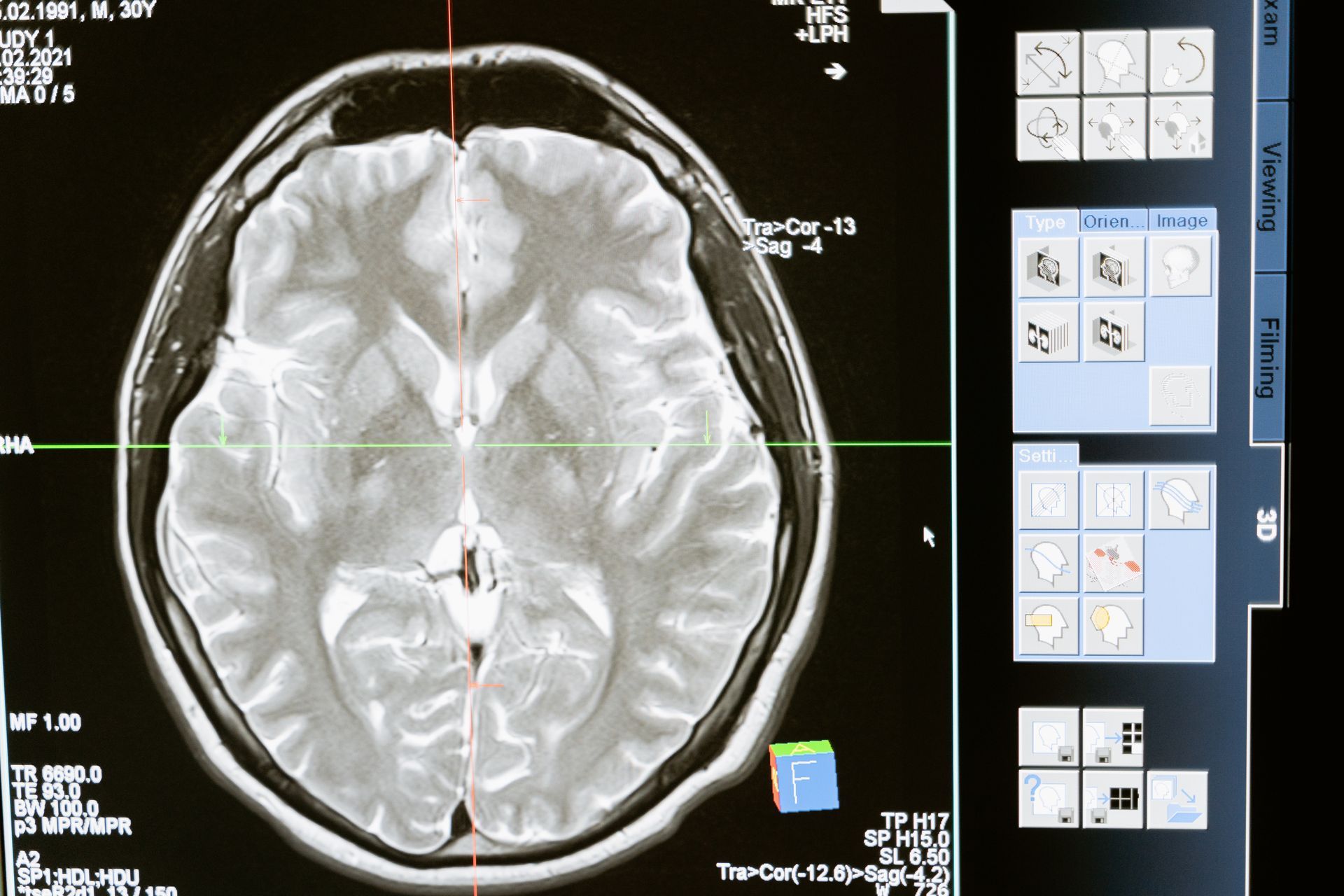
Traumatic Brain Injury and Concussion Management | Fort Worth, TX
Traumatic Brain Injury (TBI) is a type of brain injury that occurs when an external force, such as a blow, bump, or jolt to the head, causes damage to the brain. TBIs can range from mild to severe and can result in a wide range of symptoms, both physical and cognitive.
Common causes of traumatic brain injuries include falls, motor vehicle accidents, sports-related injuries, and physical assaults. The severity of a TBI can be classified as mild, moderate, or severe, depending on the extent of the damage to the brain and the severity of the symptoms.
Symptoms of a TBI can include headaches, dizziness, confusion, memory problems, mood changes, seizures, and loss of consciousness. In severe cases, a TBI can result in coma, persistent vegetative state, or death.
Treatment for TBI may include medication to manage symptoms, rehabilitation to improve physical and cognitive function, and surgery in severe cases. It's important to seek medical attention as soon as possible if you suspect a TBI, as prompt treatment can improve outcomes and reduce the risk of complications.
Concussion Management refers to the process of evaluating and treating an individual who has suffered a concussion, which is a type of traumatic brain injury that results from a blow, bump, or jolt to the head. The goal of concussion management is to ensure the individual's safety, monitor their symptoms, and facilitate a safe return to normal activities.
The management of a concussion typically begins with an evaluation by a healthcare professional, who will assess the individual's symptoms and perform a neurological exam. This may be followed by imaging tests, such as a CT scan or MRI, to rule out other potential causes of symptoms.
Once a concussion has been diagnosed, the individual will typically be advised to rest and avoid physical activity until their symptoms have improved. They may also be given medication to manage symptoms such as headaches, dizziness, and nausea.
As symptoms improve, the individual may begin a gradual return-to-activity protocol, which involves a stepwise progression of physical and cognitive activities, such as light exercise, schoolwork, and eventually a return to sports or other activities. The pace of this progression will depend on the individual's symptoms and response to activity, and may be guided by a healthcare professional with expertise in concussion management.
Overall, the management of a concussion is focused on promoting rest and gradual return to activity, monitoring symptoms, and ensuring the individual's safety throughout the recovery process.
Both traumatic brain injury and concussion management are areas where Dr. Dombroski has excelled above his peers. With the invention of the Isopump and the concussion platform he has helped hundreds of people be properly diagnosed and implement personalized treatment depending on their condition.
If you have had a TBI or a concussion recently or even in the past Dr. Dombroski is able to guide you to better help and prevent further damage.
Call his office at 817-367-9289 or fill out the short contact form today to schedule an appointment.
